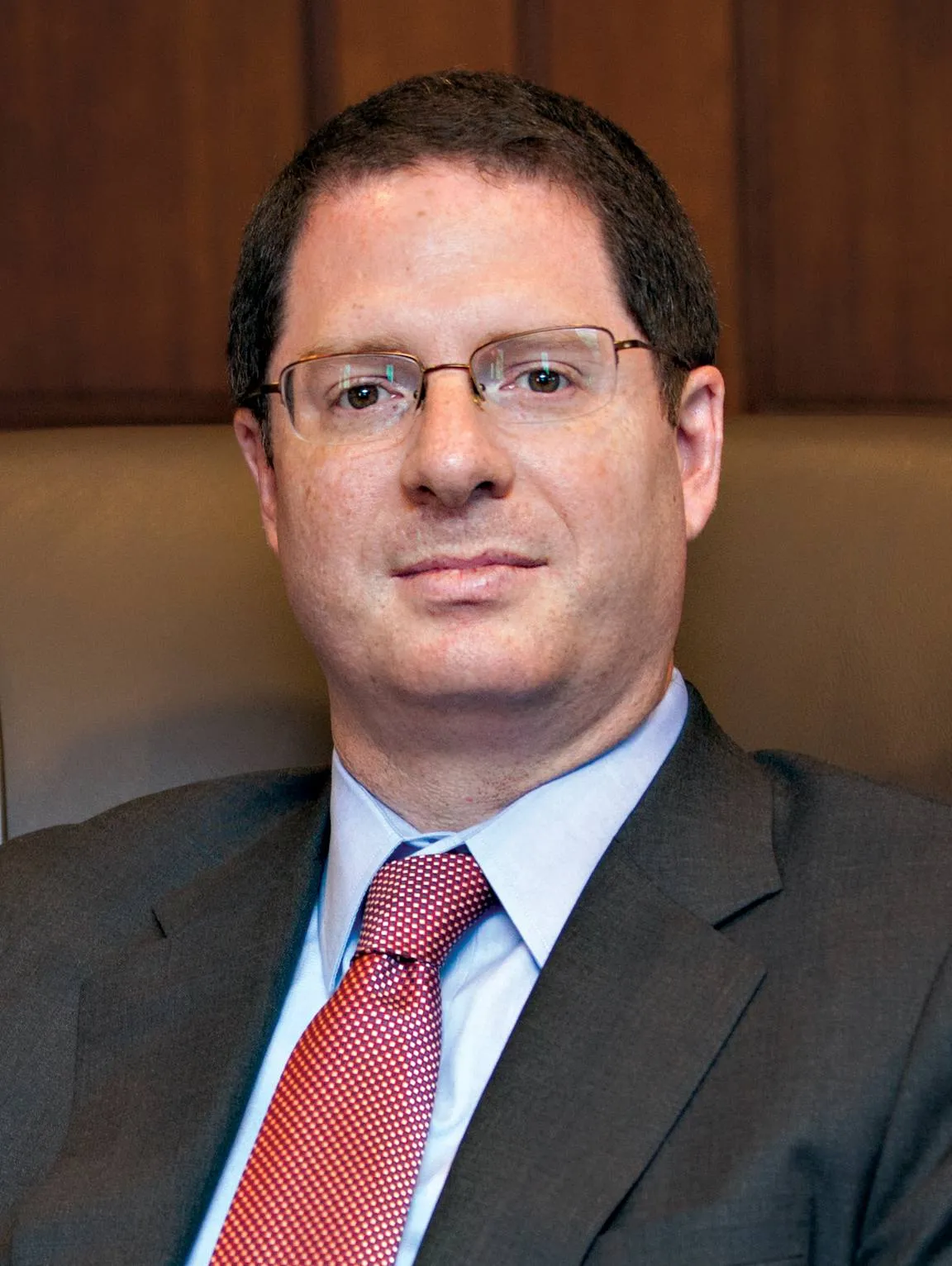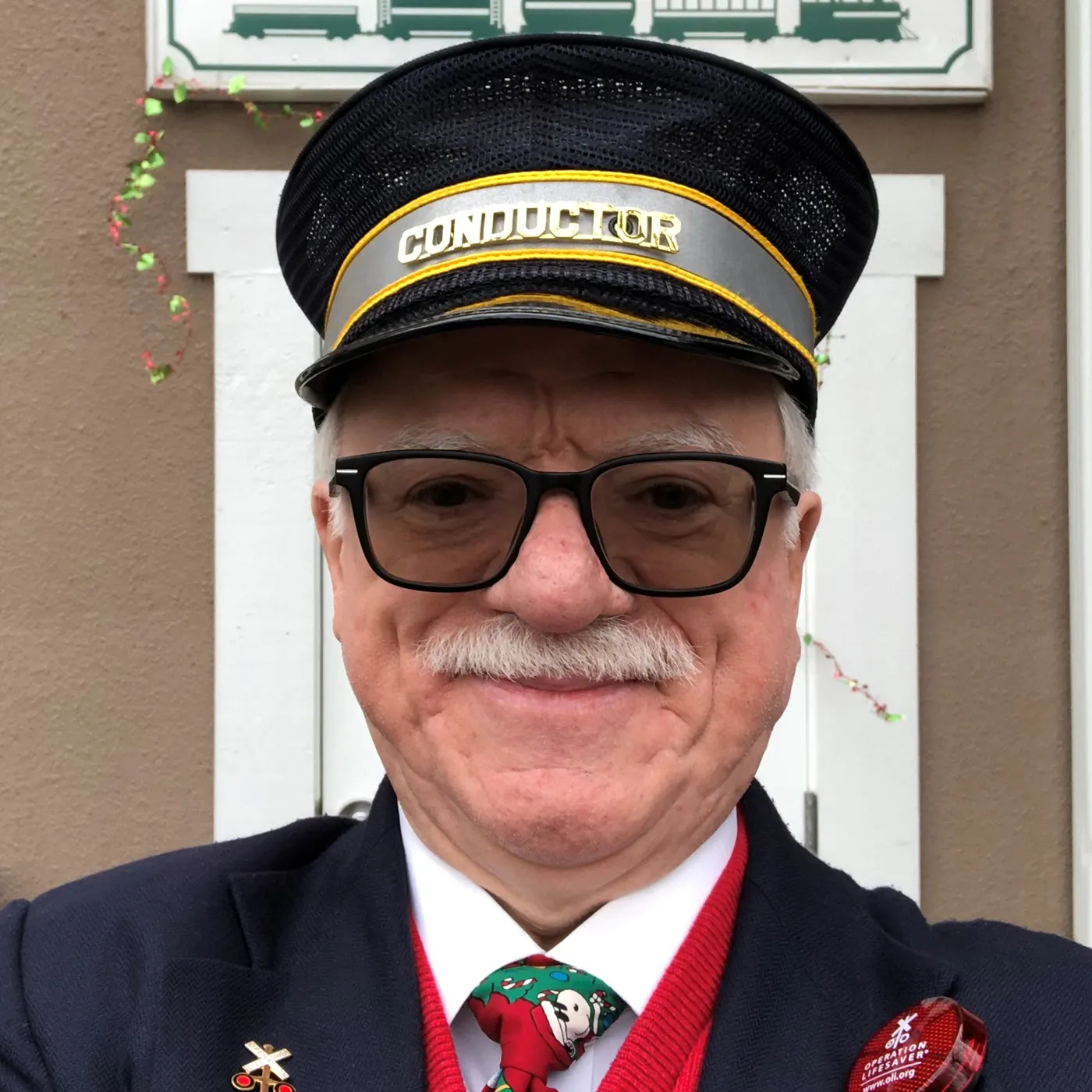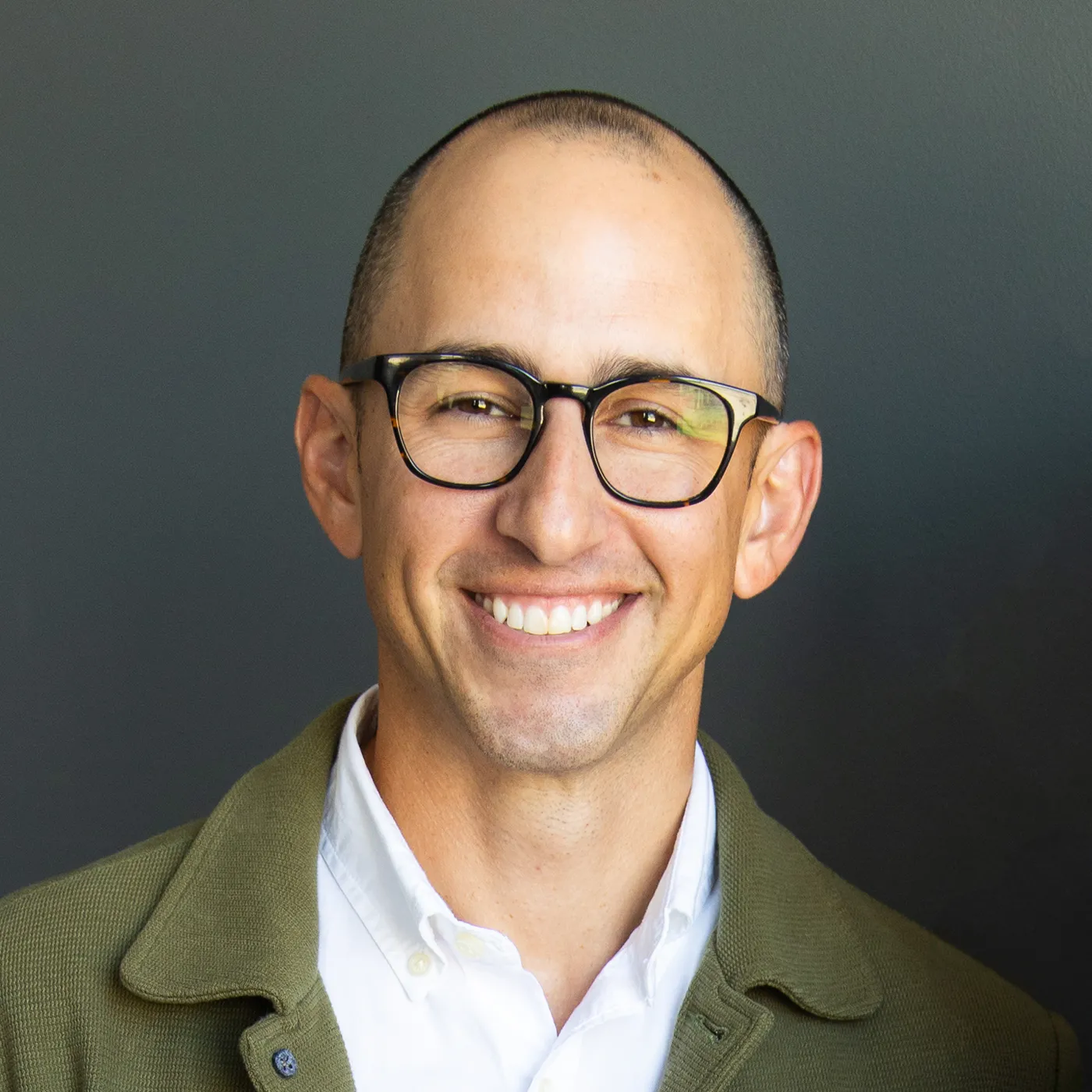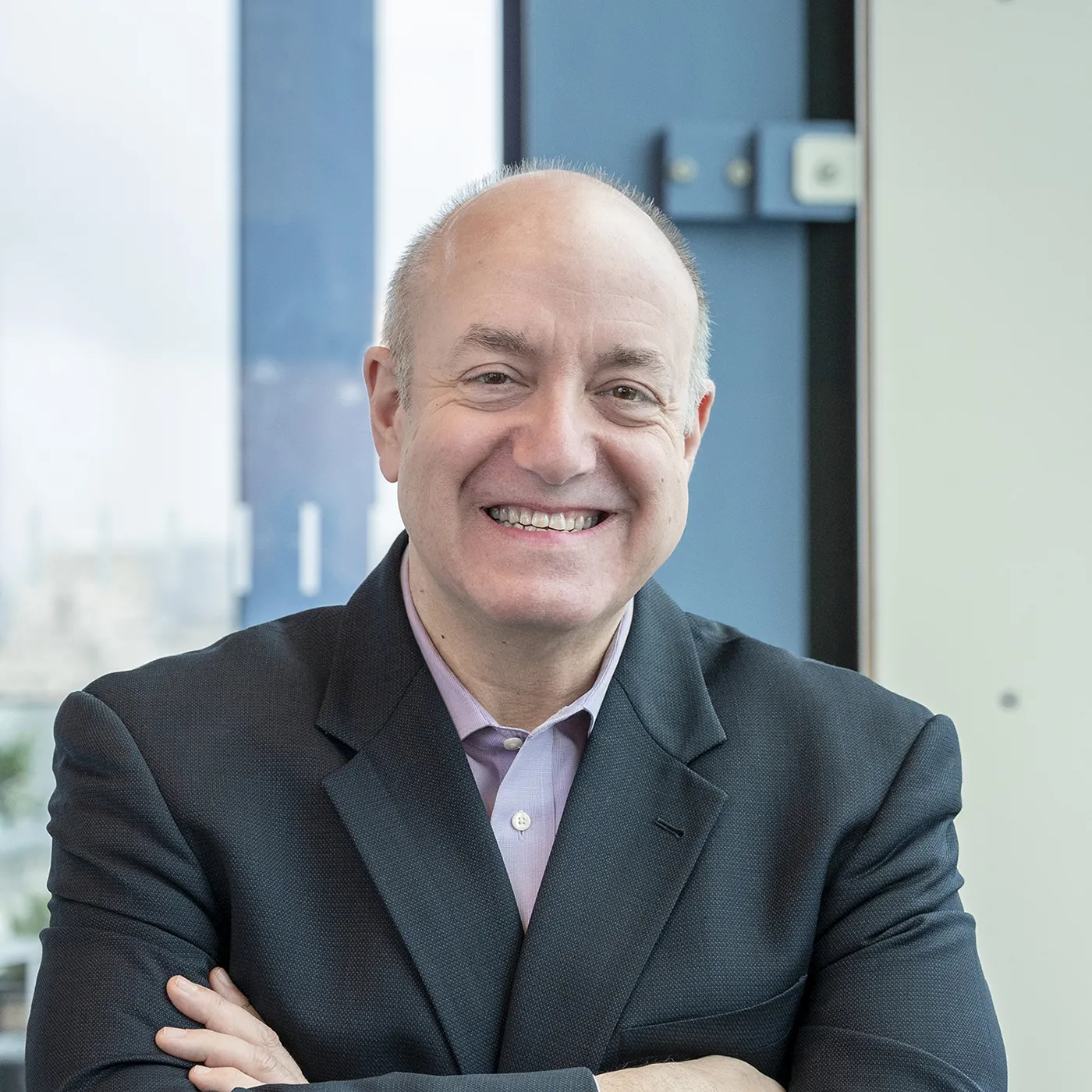Brian Brooks, '94: Financial Services Veteran Helps Craft America’s Financial Future

“This is my dream job,” says Brian Brooks, ’94. “I have aspired to this role almost my whole career.” He’s referring to his new role, as of last November, as Executive Vice President, General Counsel, and Corporate Secretary of the Federal National Mortgage Association, better known as Fannie Mae. He brings to the position a deep industry knowledge, exceptional legal acumen, and a demonstrated capacity to help formulate and lead organizational transformation.
From right after graduation until 2011 (with a year off for a Court of Appeals clerkship in 1997–98), Brooks was at O’Melveny & Myers, where his practice focused largely on the financial services industry. He became managing partner of the firm’s Washington, DC, office in 2008, not long before the financial crisis struck. While competitors were employing conventional strategies for their financial services clients, often without success—“losing respectably,” as Brooks puts it—Brooks and his team pursued innovative solutions, including asserting doctrines of preemption and multidistrict jurisdiction that had not been applied before in banking cases. “We won them nearly 100 percent of the time; we ran the table,” he says.
Those new strategies became widely emulated, and signs of Brooks’s influence included his representation of Alan Greenspan and other high-profile clients before the Financial Crisis Inquiry Commission; frequent citation of his ideas in legal, industry, and popular publications; and his leading role in crafting the mortgage industry’s response to the foreclosure crisis.
In the position he held after O’Melveny and before joining Fannie Mae, as Vice Chairman and Chief Legal Officer of OneWest Bank, he was once again a central player in a transformative undertaking. The largest bank headquartered in Southern California, OneWest had been formed through the purchase of a failed mortgage lender by an investor consortium. The new owners’ vision was to create a highly responsive local institution that would win customers away from its larger, nonlocal rivals.
“The challenge,” Brooks says, “was that the prospects for this new bank were threatened by legacy mortgage-related issues carried forward from the old bank.” It fell to him and his team to resolve those “old bank” issues and to set in place the new lending and servicing practices that would insure stability going forward. “I was responsible for a pretty big part of a pretty big business,” he recalls. In 2013, he negotiated the sale to an outside buyer of nearly $80 billion in mortgages serviced by OneWest, removing that risk from the company’s books and paving the way for last year’s agreement to sell the bank for $3.4 billion.
At Fannie Mae—where in addition to overseeing the legal and government and industry relations departments, he is a senior advisor to the CEO and the board of directors—Brooks says there is a similar old/new challenge: “We’re still addressing legacy issues from the financial crisis. Most of that has been dealt with, but some still remains. And then there is Fannie Mae today, where our mission is to build the infrastructure for the modern housing finance system—to simplify things and be clearer with our counterparties about what the rules are, to create greater certainty and a better customer experience so that we simultaneously protect the taxpayer and create stability and growth in housing finance.”
He adds, “A housing market is about more than just the economy—it’s about social stability; it’s about opportunity and growth for up-and-coming populations. And in an important sense, Fannie Mae is key to the housing market, because we make it possible to pool and diversify risk in a way that individual lenders can’t.”
He says that the Law School instilled ways of thinking that have helped him succeed. Describing his experience, he notes that he took every course taught by each of three faculty members: Geoffrey Miller, Michael McConnell, and Cass Sunstein: “Ideologically, they were very different, but methodologically they were similar: data driven, looking at outcomes from different models, innovative in following the logic—all very Chicago. That level of rigor, the questioning of conventional wisdom, and a focus on getting the best results has been something I’ve tried to emulate. My experience at the Law School was transformative, and it has affected everything I’ve done since.”


